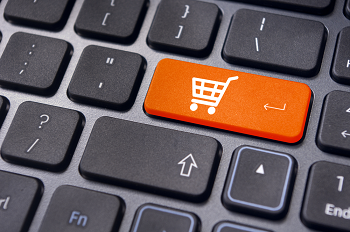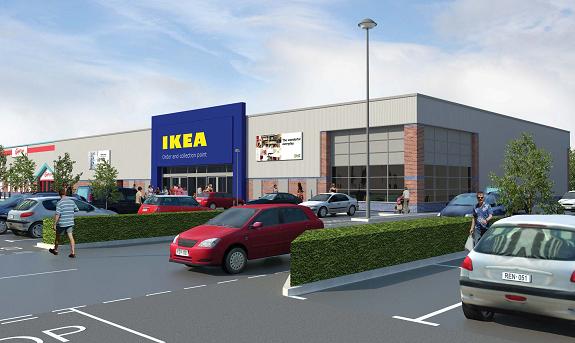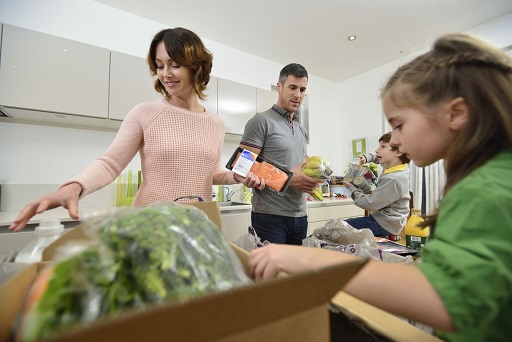Just 38 per cent of consumers in the UK remained loyal to the grocery brands they used before the pandemic, according to research from antuit.ai.
The study, which included responses from 2,000 UK shoppers, found that consumers who switched were more likely to have traded down on grocery brands during the pandemic than those who traded up from own brand to brands.
20 per cent said they traded down from brands to own brands during the pandemic, compared to just 14 per cent who traded up.
Saving money was the main motivation for those switching to owned brands – 55 per cent - followed by 30 per cent who wanted to try new products, and 29 per cent who were concerned about financial uncertainty.
Lack of product availability caused by panic buying also impacted customers’ choices when it came to brands. A quarter of those trading down did so because their normal brand wasn’t available, with a further 23 per cent saying lack of choice on the shelf had prompted them to switch.
Meanwhile, those who opted to trade up said they had opted to spend more on ‘finer’ foods and allocate more discretional spend to groceries because they weren’t socialising – 38 per cent – while a third said they were happy to trade up to support local brands and businesses at a difficult time.
But only 15 per cent who traded up plan to stick with their pandemic buying habits and plan to go back to the own brand goods they bought prior to the Covid-19 crisis.
“Consumer packaged goods companies (CPGs) had to deal with a very ‘mixed bag’ over the course of the pandemic – with demand fluctuations prompting unprecedented, unforeseen and fast changing consumer spikes in sales on the one hand, and supply chain disruption, and raw material and labour cost uncertainty on the other,” said Siva Lakshmanan, co-chief executive at antuit.ai. “Our research shows that the pandemic confirmed history is not our only indicator of the future, therefore conventional forecasting models are unable predict the unpredictable.”
Latest News
-
John Lewis expands retail media network with offsite ads
-
Evri plans £50m investment to double network of lockers and ParcelShops
-
Disney Consumer Products hires Nike veteran to SVP of global marketing
-
Home Depot secures $5.5bn takeover of GMS after beating rival bid
-
Asda targets Primark with George clothing expansion plans
-
Pandora partners with Amazon to catch counterfeiters
Supermicro and NVIDIA’s AI Solution for Retailers
To find out more: click here
Poundland significantly reduces antisocial behaviour, aggression and shoplifting with Motorola Solutions VT100 body cameras
Retail should not be a high-risk occupation. As a company, we are focused on listening to our colleagues and customers to help them with the issues they are facing in-store and so far, the feedback on our body cameras has been excellent. They act as a great visual deterrent, help to de-escalate situations and overall, this project has significantly aided our goal to make the retail environment safer.
For further information on Motorola Solutions’ retail security products, including body cameras, click here.
For further information on Motorola Solutions’ retail security products, including body cameras, click here.
© 2024 Perspective Publishing Privacy & Cookies










Recent Stories